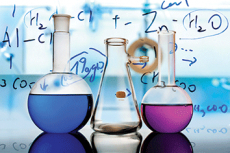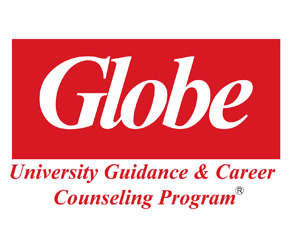Accrediting Organizations in Specific Subjects
- Details
- Hits: 5583
There are also accrediting organizations for academic degrees in some specific subject areas. For example:
- Chemistry
The American Chemical Society, Committee on Professional Training (ACS) - Computer Science
The Accreditation Board for Engineering & Technology, Computing Accreditation Commission (ABET-CAC). The Computing Sciences Accreditation Board (CSAB) participates in ABET. The CSAB includes representatives of the Association for Computing Machinery, the Computer Society of the Institute of Electrical and Electronic Engineers, and the Association for Information Systems. - Engineering & Technology
The Accreditation Board for Engineering & Technology (ABET) has representatives from all of the major engineering professional societies in the USA, including the Association of Mechanical Engineers (ASME), the Institute of Electrical and Electronic Engineers (IEEE), and the National Society of Professional Engineers (NSPE), amongst many others.
Degrees in engineering technology are often confused with degrees in engineering. The distinction between engineering and technology is:- Engineering students take more classes in mathematics and higher-level classes in physics and chemistry, than technology students. Technology students tend to have more "practical" classes, as in vocational education.
- Consequently, graduates of engineering programs are better qualified to do research and development, such as design novel products. Graduates of technology programs (e.g., a bachelor of science in electrical engineering technology) are generally employed to build prototype products, supervise manufacturing production work, do routine laboratory work, and repair sophisticated electronic equipment.
- Technology programs are not offered by most universities in the USA, so many students who choose to study engineering would be better suited for a technology program.
- Law
The American Bar Association (ABA) section on legal education and The Association of American Law Schools (AALS) both evaluate law schools. - Medicine
The Liaison Committee on Medical Education (LCME) is a joint project of
- The Association of American Medical Colleges (AAMC) and
- the American Medical Association, Council on Medical Education (AMA-CME)
Meteorology / Atmospheric Science
The American Meteorological Society (AMS) has issued a policy statement that describes the minimum curriculum and faculty for a bachelor's degree in meteorology. The AMS also certifies individual people as competent in meteorology.
Note that some of these standards are set by a nonprofit professional society that is concerned with the subject matter (e.g., ACS, ABA, AMS). Other standards are set by associations of medical schools or law schools.
There are many other examples of accreditation for a specific department; I list some of the above examples only because I am familiar with them from my background in science and engineering. Further, the examples in law and medicine are important because state governments require that a person who is licensed to practice law or medicine must have graduated from an accredited school, amongst other requirements.



















